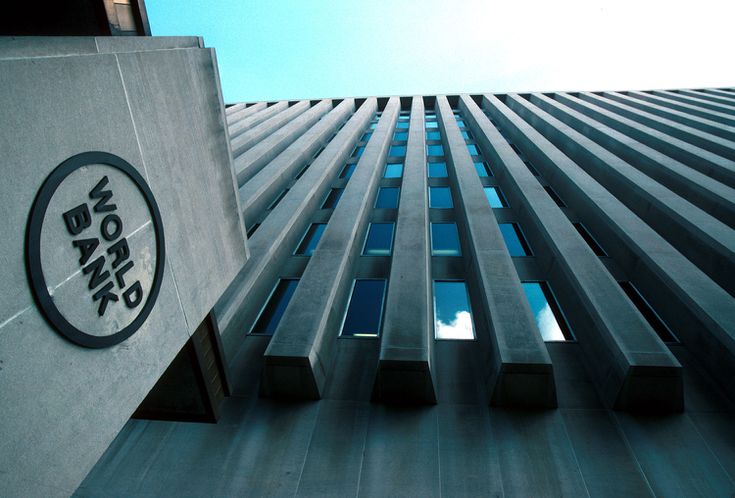ASTANA – The World Bank calls for a major revamp of the heating sector in Europe and Central Asia, reducing reliance on inefficient, carbon-intensive fuels in its Toward a Framework for the Sustainable Heating Transition report released on Sept. 19 to present a comprehensive analysis of the region’s 23 countries.

Photo credit: Getty Images.
The report said the goal is to deliver sustainable and affordable services to its people, especially the most vulnerable.
Achieving net-zero emissions by mid-century in the region requires a drastic transformation of the heating sector, which today accounts for nearly 24% of regional energy demand and is responsible for around 22% of greenhouse gas (GHG) emissions.
“The transition to sustainable heating is one that countries across Europe and Central Asia cannot afford to postpone,” said World Bank’s Vice President for Europe and Central Asia Antonella Bassani. “It is possible for countries to reduce heating demand, improve air quality, and lower emissions this decade by adopting suitable policies and government programs with targeted subsidies for cleaner and more efficient heating technologies.”
The report finds that due to significant underinvestment, the heating sector across Europe and Central Asia often provides substandard services, fails to recover its costs fully, exacts a major toll on the environment, and impacts people’s lives and livelihoods.
“Nearly 30% of the region’s population – mainly in urban areas – is served by district heating utilities, which are heavily dependent on subsidized fossil fuels and suffer from aging infrastructure and poor financial viability. In more rural areas, most families rely on high-polluting firewood or coal stoves and boilers. Together, these fuel sources result in high levels of air pollution that contribute to some 302,000 deaths and incur a welfare cost of 7% of gross domestic product (GDP) annually. Compounded by an aging and energy inefficient building stock, affordability remains a major concern, with one-third of the region’s population struggling to pay heating bills or underheating their homes,” the report reads.
The report proposes a three-pillar strategy for governments to structure their transition plans effectively.
First, reducing heating demand through energy efficiency in buildings by implementing stronger building codes for new constructions and accelerating renovations of existing buildings. These efforts can halve heating demand by 2050, making the transition significantly less expensive for governments, businesses, and households.
Second, the World Bank urges to upgrade existing district heating systems and shift to cleaner fuels like solar, geothermal, waste heat, and sustainable biomass. A managed transition to individual heating systems may be needed where district heating is underperforming and may no longer be viable.
Finally, the report calls for studies to identify sustainable, economically efficient heating options, such as heat pumps or eco-design pellet boilers, which should be promoted through policies and targeted programs.
“By adopting this comprehensive approach, governments across Europe and Central Asia can make efficient, locally suited, and affordable investments that contribute to a sustainable heating transition,” the report notes.
The report covers the emerging market and developing economies of Europe and Central Asia, including Albania, Armenia, Azerbaijan, Belarus, Bosnia and Herzegovina, Bulgaria, Croatia, Georgia, Kazakhstan, Kosovo, Kyrgyz Republic, Moldova, Montenegro, North Macedonia, Poland, Romania, Russia, Serbia, Tajikistan, Türkiye, Turkmenistan, Ukraine, and Uzbekistan.

